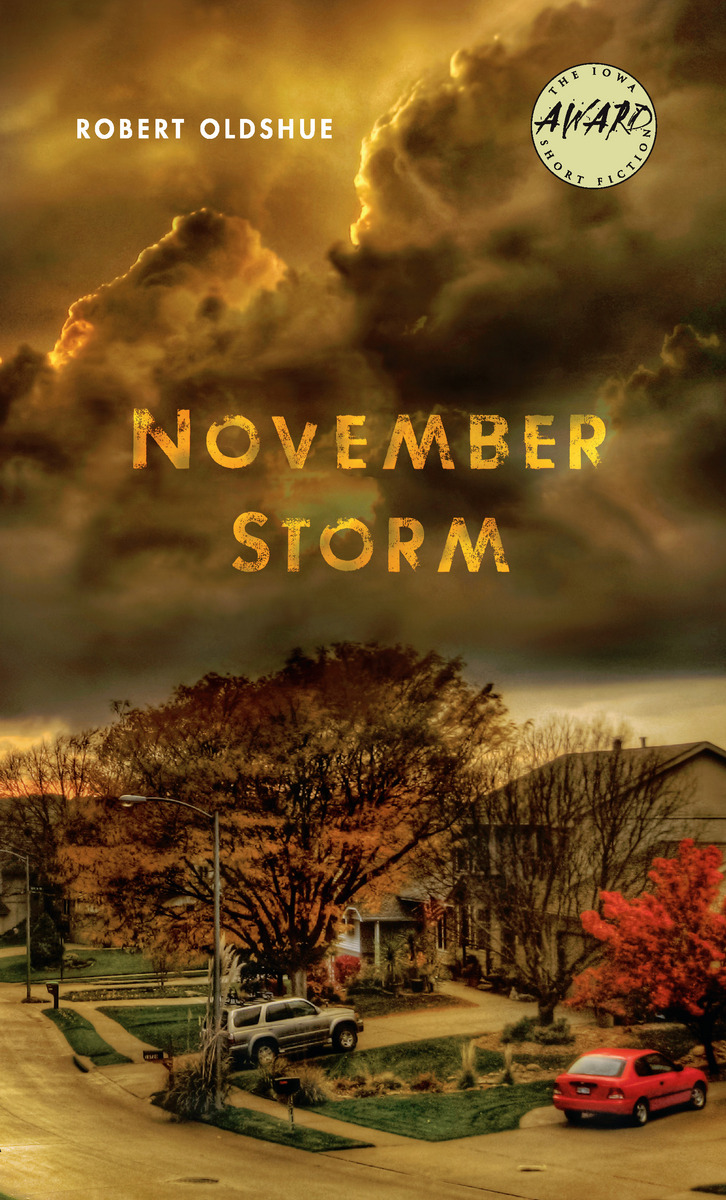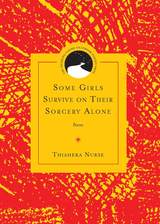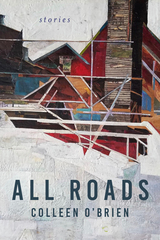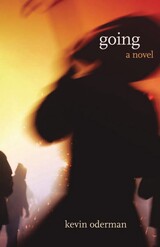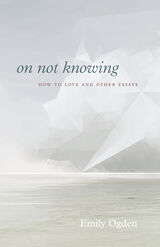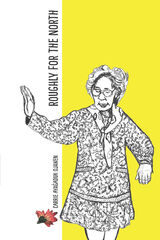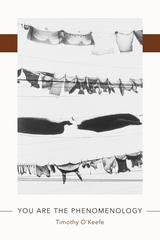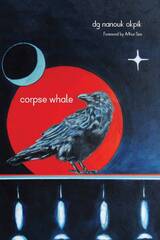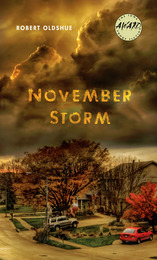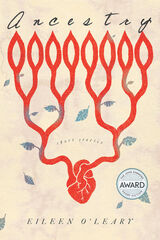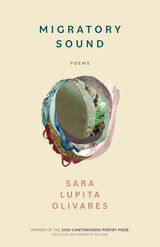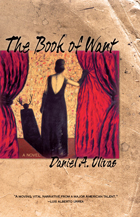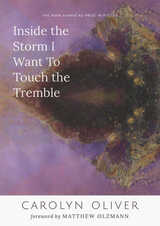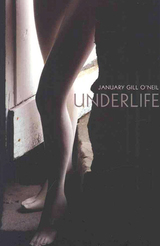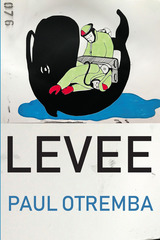November Storm
University of Iowa Press, 2016
eISBN: 978-1-60938-452-4 | Paper: 978-1-60938-451-7
Library of Congress Classification PS3615.L423A6 2016
Dewey Decimal Classification 813.6
eISBN: 978-1-60938-452-4 | Paper: 978-1-60938-451-7
Library of Congress Classification PS3615.L423A6 2016
Dewey Decimal Classification 813.6
ABOUT THIS BOOK | AUTHOR BIOGRAPHY | REVIEWS | TOC | REQUEST ACCESSIBLE FILE
ABOUT THIS BOOK
In each of the stories in Robert Oldshue’s debut collection, the characters want to be decent but find that hard to define.
In the first story, an elderly couple is told that delivery of their Thanksgiving dinner has been canceled due to an impending blizzard. Unwilling to have guests but nothing to serve them, they make a run to the grocery, hoping to get there and back before the snow, but crash their car into the last of their neighbors. In “The Receiving Line,” a male prostitute tricks a closeted suburban schoolteacher only to learn that the trick is on him. In “The Woman On The Road,” a twelve-year-old girl negotiates the competing demands of her faith and her family as she is bat mitzvahed in the feminist ferment of the 1980s. The lessons she learns are the lessons learned by a ten-year-old boy in “Fergus B. Fergus,” after which, in “Summer Friend,” two women and one man renegotiate their sixty-year intimacy when sadly, but inevitably, one of them gets ill. “The Home Of The Holy Assumption” offers a benediction. A quadriplegic goes missing at a nursing home. Was she assumed? In the process of finding out, all are reminded that caring for others, however imperfectly—even laughably—is the only shot at assumption we have.
In upstate New York, a November storm is one that comes early in the season. If it catches people off-guard, it can change them in the ways Oldshue’s characters are changed by different but equally surprising storms.
In the first story, an elderly couple is told that delivery of their Thanksgiving dinner has been canceled due to an impending blizzard. Unwilling to have guests but nothing to serve them, they make a run to the grocery, hoping to get there and back before the snow, but crash their car into the last of their neighbors. In “The Receiving Line,” a male prostitute tricks a closeted suburban schoolteacher only to learn that the trick is on him. In “The Woman On The Road,” a twelve-year-old girl negotiates the competing demands of her faith and her family as she is bat mitzvahed in the feminist ferment of the 1980s. The lessons she learns are the lessons learned by a ten-year-old boy in “Fergus B. Fergus,” after which, in “Summer Friend,” two women and one man renegotiate their sixty-year intimacy when sadly, but inevitably, one of them gets ill. “The Home Of The Holy Assumption” offers a benediction. A quadriplegic goes missing at a nursing home. Was she assumed? In the process of finding out, all are reminded that caring for others, however imperfectly—even laughably—is the only shot at assumption we have.
In upstate New York, a November storm is one that comes early in the season. If it catches people off-guard, it can change them in the ways Oldshue’s characters are changed by different but equally surprising storms.
See other books on: Change (Psychology) | Fiction | Life change events | Short Stories (single author)
See other titles from University of Iowa Press
